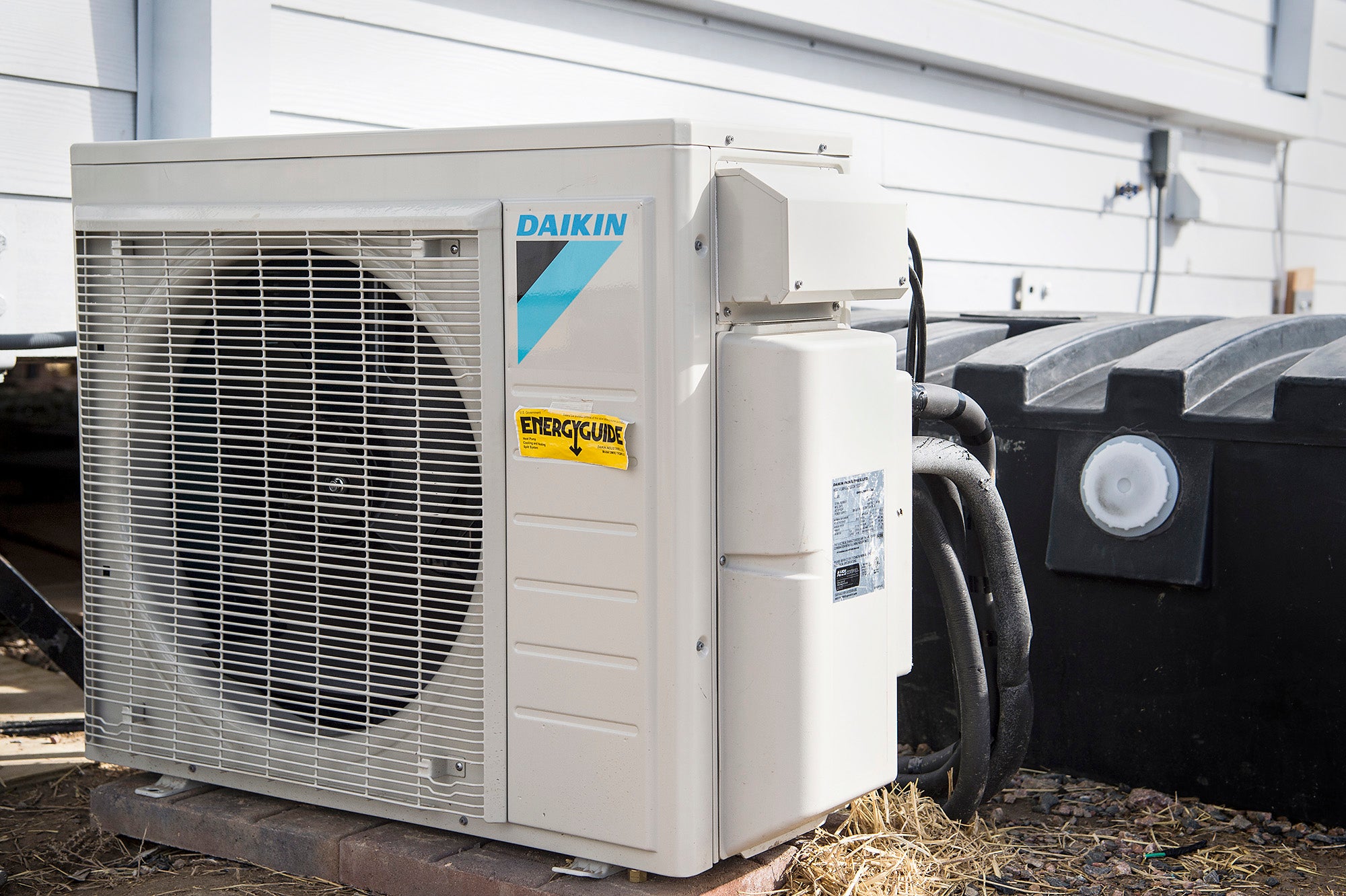Washington Regulators Must Hold Utilities Accountable in the Clean Energy Transition
Decisions made by the Washington Utilities and Transportation Commission can help meet the state’s climate goals and keep energy reliable and affordable for customers.
Most Washington residents have likely never heard of the Utilities and Transportation Commission. This state regulatory body grapples with technical, complex, and often obscure issues as they oversee Washington’s utilities. But the Commission is worth knowing about, as it is increasingly a key player in the state’s clean energy transition and utility efforts to provide affordable and reliable energy services.
One of the Commission’s key responsibilities is to set rates for utilities like Puget Sound Energy (PSE), Avista, and Northwest Natural, which provide gas for homes and businesses around the state. Because these are private companies with a monopoly over the areas in which they operate, the Commission must approve the rates utilities charge customers. Relatedly, financial decisions these utilities make to comply with Washington’s climate laws, like the Climate Commitment Act (upheld by a wide margin of Washington voters in November), also fall under the Commission’s jurisdiction.
A lot is at stake in these proceedings, including the affordability of our energy bills, the ability of our state to achieve ambitious climate and clean energy goals, and how we will modernize our region’s energy systems.
Particularly worth our attention are two recent orders from the Commission regulating PSE, which provides both gas and electricity and is our state’s largest utility. In these two recent proceedings, energy advocates, represented by Earthjustice, had asked the Commission to push PSE to do more to transition the utility’s operations off methane gas, and to assist customers by offering broader voluntary electrification programs. Shifting from gas to clean electricity is crucial both for meeting our climate goals, set in state statutes, and keeping energy affordable. The Commission didn’t go as far as we wanted, but took steps that moved the needle toward clean energy in significant ways.
The Commission’s first order, issued in January, directs PSE to analyze alternatives other than simply building more gas pipelines when faced with major decisions to upgrade, improve or expand operations. This decision protects consumers by ensuring utilities are not making needless and expensive long-term investments in the gas system. The order also supported a voluntary program to help PSE customers electrify their homes and businesses.
The second order, issued in February, confirmed that PSE’s plan to continue to buy carbon emission allowances, and pass the costs on to ratepayers, was not an appropriate way to comply with the Climate Commitment Act. While the Commission did not adopt a mechanism that would reduce the financial risk to ratepayers, it required parties to continue discussions among utilities and advocates on how to do so. In other words, the Commission said utilities will need to do more to transition to clean energy, without spelling out how or when.
As these decisions are implemented on the ground, Washington residents should feel secure knowing the energy transition is not just necessary for a livable future, but is also more affordable than the status quo. The technology to convert gas-fired furnaces and hot-water heaters in homes and businesses to electric appliances is commonly used around the world and in our region. Electric heat pumps are far more efficient than conventional gas-fired appliances and pay for themselves in reduced energy costs.
But we need to start now. Studies show that if we do not plan carefully to wind down our outdated and inefficient gas system, price spikes will hit ratepayers down the road. Worse, these are likely to fall on the most vulnerable members of the community, including lower-income families, renters, and retirees. President Trump’s reckless tariffs may also drive up energy costs, further underscoring the need for locally sourced, dependable energy sources like heat pumps, and renewable regional energy generation.
Cleaning up our energy systems will require serious investments and careful planning. But the worst option is to do nothing at all, which will guarantee both financial as well as environmental crises down the road. Paying for clean energy now will mean big benefits for all of us, rather than a small few investors and companies. The Commission is right to remind utilities, with their substantial financial resources and unique monopoly power, that they have a responsibility to participate in a just and clean energy transition.
Established in 1987, Earthjustice's Northwest Regional Office has been at the forefront of many of the most significant legal decisions safeguarding the Pacific Northwest’s imperiled species, ancient forests, and waterways.
